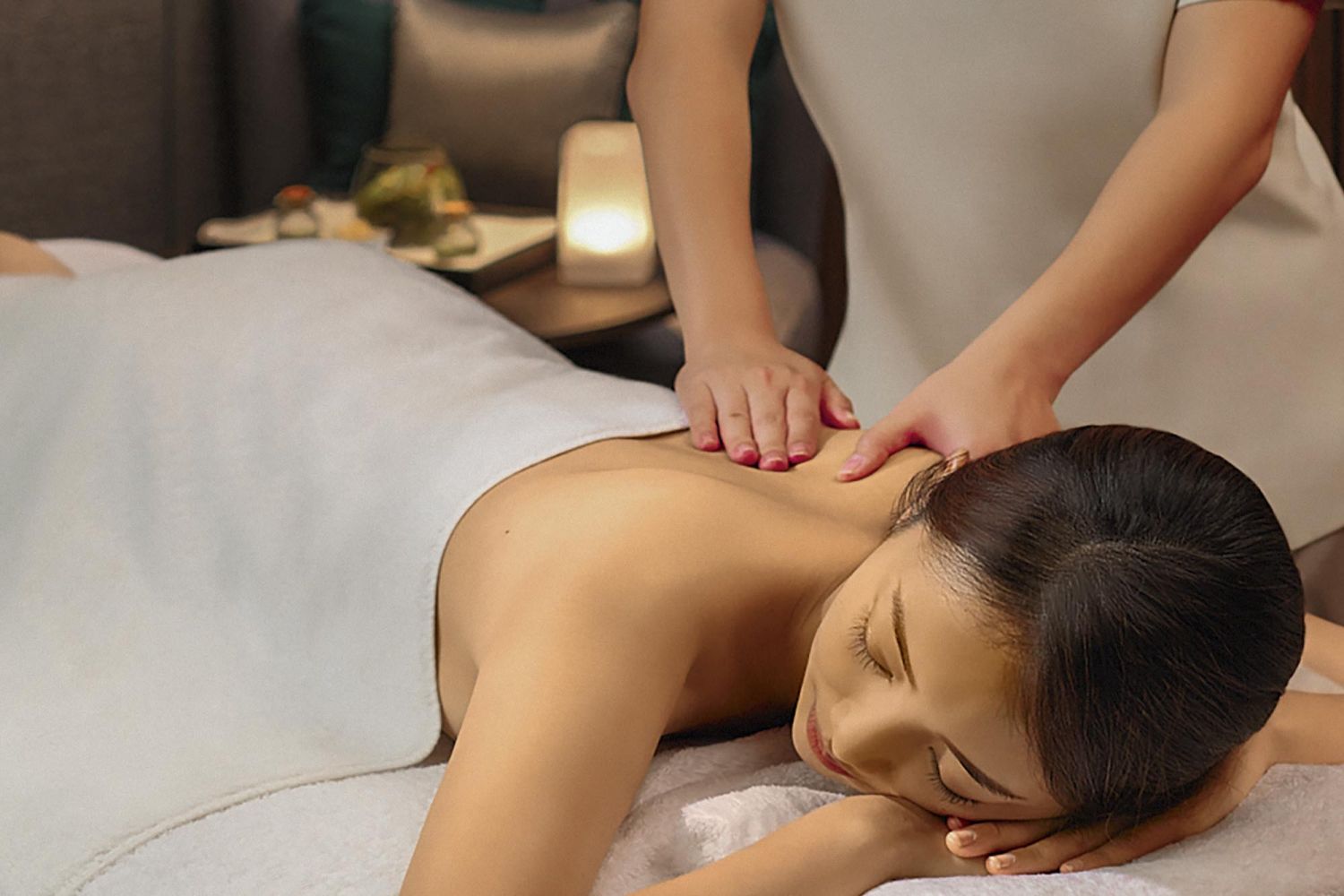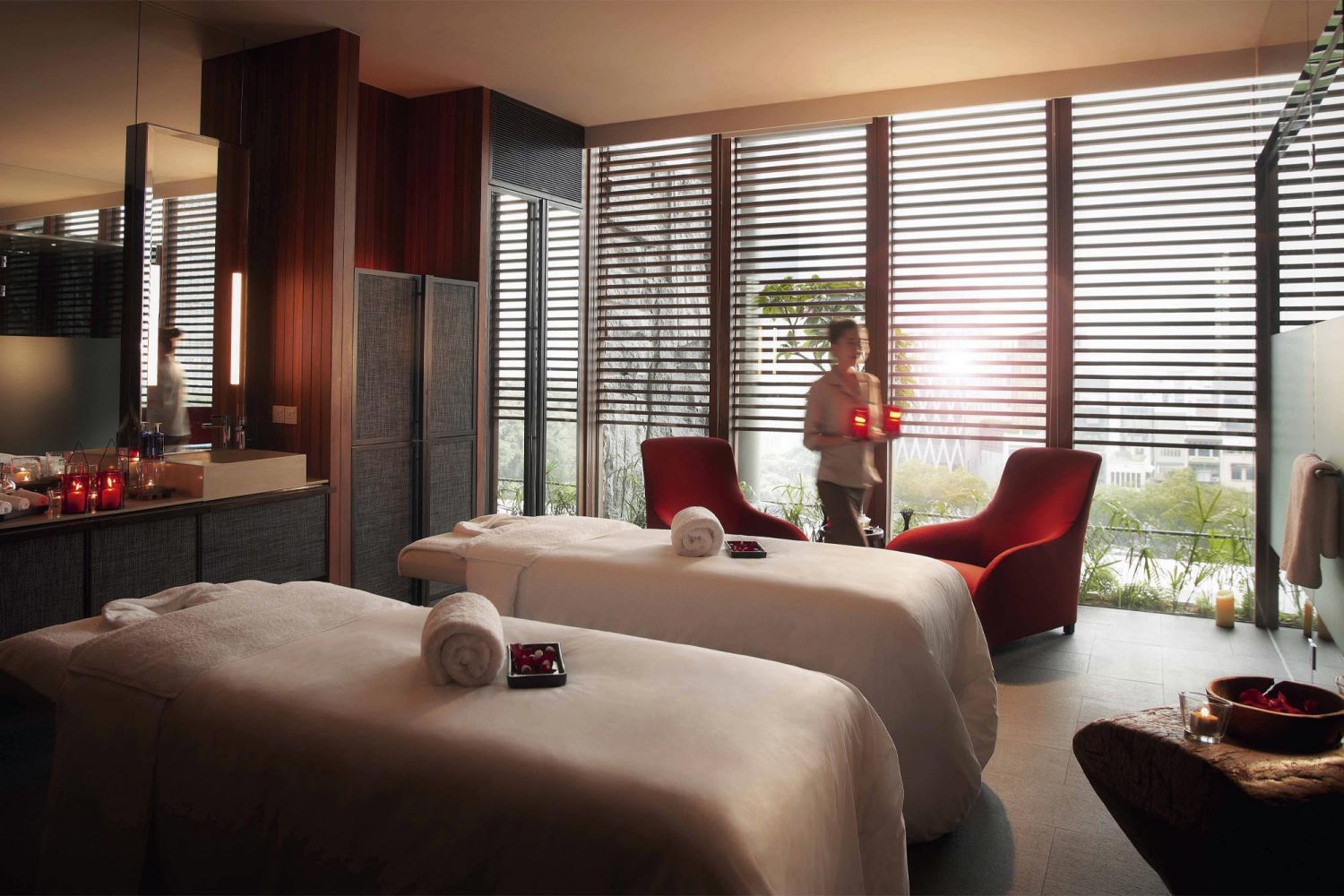The St Gregory Spa founder gets candid about challenging the authorities, the importance of failure and why there are no shortcuts to success—whatever success means, anyway
In a city known to favour the familiar, new ideas and concepts can be met with resistance. Wee Wei Ling discovered this in 1997 when she opened St Gregory Marine Spa—the first spa opened under a Singapore‑listed company—during a time when local spas had a reputation for operating as a front for unsavoury business.
“Back then, the authorities and anti‑vice department classified spas under massage parlours, which had their own negative connotations,” Wee explains, joking that she was viewed “as a mama‑san”.
Don't miss: How Elemis Co-Founder Noella Gabriel Started Her Wellness Career at 20
But rather than resent the resistance from the authorities at the time, Wee worked tirelessly to prove that spas were a legitimate business and deserved a place in Singapore’s growing hospitality industry.
The eldest child of Singapore tycoon Wee Cho Yaw, Wee was running the family’s Pan Pacific Hotels Group, and believed it was important for its hotels to offer guests “more than just a place to eat and sleep”. She explains: “I saw it as an amenity for the hotel.”

Inspired by spas she had visited on her travels to Europe, the young entrepreneur wanted to bring the concept of a wellness destination to Singapore. “We had salons and beauty centres, but not spas,” she recalls.
St Gregory Marine Spa, later simplified to St Gregory Spa, was ahead of its time in more ways than one. It was the first to introduce alternative practices such as hydrotherapy, and investing in luxury amenities such as the Vichy shower. “We also incorporated traditional Chinese medicine with treatments such as tui na.
At the time, people went to local practitioners on the side of the road for this, but we wanted to make it a luxurious experience,” says Wee. It remains one of St Gregory Spa’s most popular treatments to date. By 2005, St Gregory Spa had established itself as a holistic wellness destination that offers everything from aesthetic treatments to active ageing programmes—areas of wellness that are booming today, but which fell on deaf ears back then.
At the time, it was a big investment and an out‑there idea that Singapore “just wasn’t ready for”, according to Wee.
“It took about 10 years for people to become comfortable and familiar with the concept. It was not easy,” she says. “It took a lot of heartache. A lot of learning and adjusting. But that’s the journey. It built my confidence and my identity as a businesswoman. In life and in business, there are no shortcuts.”
Read more: 5 Relaxing Facials to Try in Singapore

